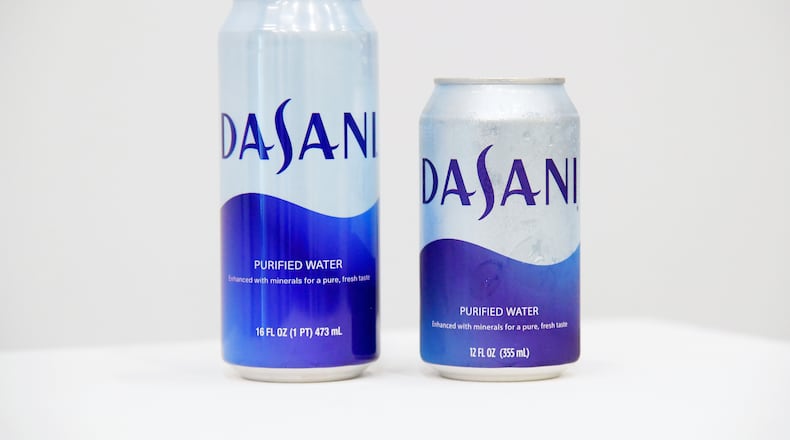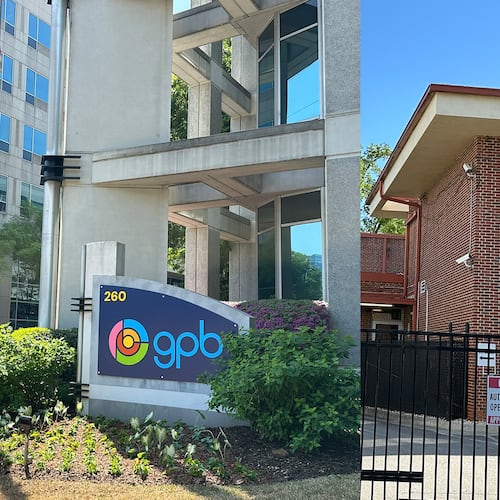Dasani, one of the top branded bottled waters in the U.S., is getting a new look. Atlanta-based Coca-Cola Company announced this week it will launch Dasani in aluminum cans and bottles this fall in the Northeast expanding to other regions in 2020.
The company will also introduce a bottle made of 50% recycled plastic to reduce the amount of new plastic used in packaging. In addition, there will be at least 100 Dasani PureFill self-serve water dispensers added across the country beginning this fall.
“We are working diligently to continually reduce our overall environmental footprint through smarter package design, procurement of recycled and renewable materials while continuing to deliver exceptional consumer experiences,” said Sneha Shah, Group Director, Packaging Innovation, Coca-Cola North America in a press statement.
Dasani plans to remove the equivalent of 1 billion bottles made from new plastic from its U.S. supply chain in the next few years as part of the company's overall effort to reduce packaging waste around the world by 2030.
>> RELATED: How can we get plastic waste under control?
Environmental activists have long criticized Coca-Cola for its plastic production. In Jan. 2018, when the company first announced its global plastics plan, Greenpeace challenged the company's efforts suggesting the goals were more focused on investing in recycling rather than reducing the amount of single-use plastic bottles it produces. The environmental advocacy group estimated that Coca-Cola produces over 110 billion single use plastic bottles each year, much of which ends up in landfills and oceans.
Credit: Copyright 2019 The Associated Press. All rights reserved. This material may not be published, broadcast, rewritten or redistributed. Copyright 2019 The Associated Press. All rights reserved. This material may not be published, broadcast, rewritten or redistributed.
Credit: Copyright 2019 The Associated Press. All rights reserved. This material may not be published, broadcast, rewritten or redistributed. Copyright 2019 The Associated Press. All rights reserved. This material may not be published, broadcast, rewritten or redistributed.
Dasani holds 8.5% of the bottled water market share as does Pepsi Co.'s Aquafina. In June, Pepsi Co. announced that next year, it would offer Aquafina in aluminum cans in U.S. food service outlets and would test the packaging in retail stores as part of the company goal to make 100% of its packaging recyclable, compostable, or biodegradable by 2025.
Dasani's new 20-ounce bottles, available in mid-2020, will feature Coca-Cola's new HybridBottle, which is a mix of up to 50% plant-based renewable and recycled plastic materials.
The Dasani PureFill water dispensers were piloted two years ago on the campus of Georgia Tech . The prototype offered free refills of filtered water with a small fee to add flavors. The newest machines being rolled out nationwide this fall have evolved using the technology of the company's Coca-Cola Freestyle machines, touchscreen soda fountains that allow users to choose from more than 100 Coca-Cola drink products and custom flavors.
Coca-Cola will also update labels on all Dasani packaging this fall to include "How to Recycle" information to dispose of it after use.
About the Author
Keep Reading
The Latest
Featured





